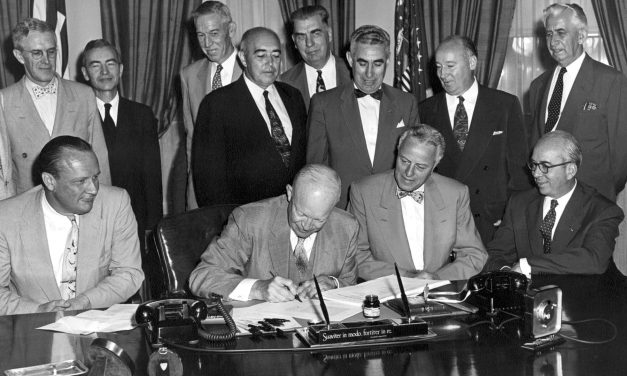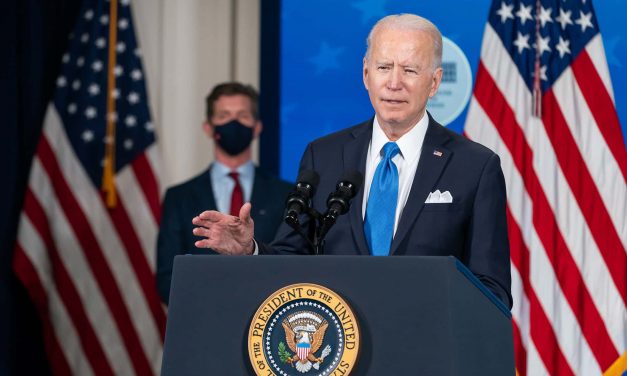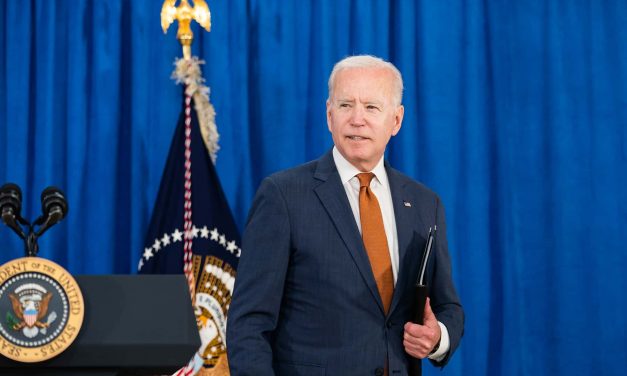We the People? Why Republicans believe that “the government has no role in protecting the population”
On July 20, the Fox News Channel’s Fox & Friends personality Steve Doocy told viewers to get the coronavirus vaccine because it would “save your life” and noted that 99% of the people now dying from COVID-19 are unvaccinated. Brian Kilmeade answered that not getting the vaccine is a personal choice and that the government has no role in protecting the population. “That’s not their job. It’s not their job to protect anybody,” he said. It is, of course, literally the job of the government to protect us. The preamble to the Constitution reads: “We the People of the...
Read More














